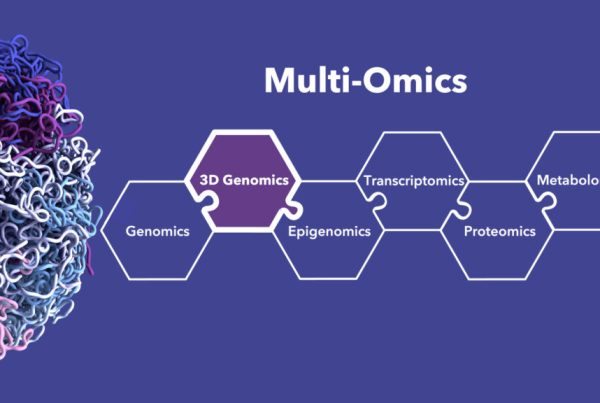Introduction
Chronic diseases account for 75% of healthcare spending in the United States, underscoring the urgent need for optimized medication strategies. Medication Therapy Management (MTM) services, led by clinical pharmacists, deliver personalized interventions that enhance therapeutic efficacy, reduce adverse events, and drive measurable cost savings. This article delves into how MTM transforms chronic disease care—and why companies should partner with Kensington Worldwide to secure top-tier MTM talent.
Medication Therapy Management: Patient Stratification & Risk Profiling
Clinical pharmacists leverage data analytics and risk-scoring algorithms to stratify patients by disease severity, comorbidities, and adherence barriers. By identifying high-risk cohorts—such as seniors with polypharmacy or patients with uncontrolled diabetes—they focus MTM resources where the impact is greatest. Emerging platforms like PredictMedix and IBM Watson Health support this precision stratification, enabling proactive outreach and tailored care plans.
Medication Therapy Management: Adherence Monitoring Tools
Nonadherence drives 30–50% of treatment failures in chronic conditions. Clinical pharmacists deploy a suite of digital tools—smart pill bottles, mobile adherence apps, and remote monitoring devices—to track medication-taking behavior in real time. Automated alerts and bi-directional messaging platforms foster timely interventions, reducing hospital readmissions by up to 25% and improving patient engagement.
Medication Therapy Management: Collaborative Care Plans
Integrated care models position pharmacists as care coordinators, working alongside physicians, nurses, and social workers to develop cohesive treatment plans. Through Medication Action Plans (MAPs) and Shared Decision-Making (SDM) sessions, pharmacists reconcile discrepancies, align treatment goals, and adjust dosing regimens. This collaborative approach has demonstrated a 15% improvement in A1c levels among patients with type 2 diabetes and significant gains in hypertension control.
Medication Therapy Management: ROI of MTM Services
Investing in MTM yields compelling financial returns. Studies show every dollar spent on MTM generates $4 to $12 in cost avoidance by reducing emergency visits, hospital stays, and duplicative therapies. By quantifying clinical and economic outcomes—through dashboards that track key performance indicators (KPIs) like medication-related problem resolution rates—companies can justify MTM program expansion and showcase value to stakeholders.
Conclusion
Medication Therapy Management is more than a clinical service—it’s a strategic lever for improving chronic disease outcomes and optimizing healthcare spend. As organizations seek to scale MTM capabilities, securing skilled clinical pharmacists with proven data-driven approaches is essential. Kensington Worldwide connects you with global experts ready to lead your MTM initiatives




